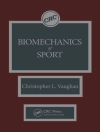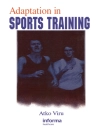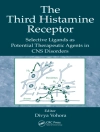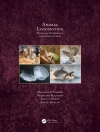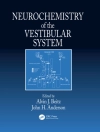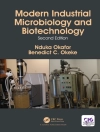Colorectal cancer (CRC) is a leading cause of cancer-related death worldwide. Recent years have increased significantly our understanding of the genetic alterations that can underlie CRC, but also unraveled the molecular heterogeneity of the disease. Although a simple correlation between genetic pathways, histopathological features and clinical outcome cannot be established, the heterogeneity of CRC is also an opportunity for the development of targeted therapeutic approaches, able to treat an individual tumor with higher efficiency and less toxic side effects.
One CRC subtype is characterized by high mutation rates (MSI-H), DNA methylation changes (CIMP-H), mutation in the BRAF oncogene and occurrence of serrated adenomas in the proximal colon. Other groups prevail in the distal colon and consist of either adenomatous polyps with chromosomal aberrations (CIN) and WNT pathway activation, or carry frequent KRAS mutation and metabolic deregulation, or have strong mesenchymal andinfiltrative characteristics. Characterization of driver-mutation events in these CRC subgroups has led to the development of specific drugs targeting, for example, the MAPK pathway, but initial clinical trials have revealed unexpected response rates.
The collection of chapters in this volume address the biology of specific CRC subtypes and how these may be targeted to improve precision therapy and clinical benefit for the patients.
Spis treści
Preface.-
Colorectal Cancer Subtypes- the current portrait .-
Targeting colon cancers with mutated BRAF and microsatellite instability .-
Targeting KRAS mutant CMS3 subtype by metabolic inhibitors .-
Targeting the PI3K Signalling as a Therapeutic Strategy in Colorectal Cancer .-
Targeting PTEN in colorectal cancers .-
Wnt signalling-targeted therapy in the CMS2 tumour subtype: a new paradigm in CRC treatment?-
Impact of the microenvironment on tumour budding in colorectal cancer .-
Anti-EGFR Therapy to treat metastatic colorectal cancer: not for all.-
mi RNAs
as
modulators
of
EGFR
therapy in colorectal cancer .- Index.
O autorze
Peter Jordan is the President of the National Institute of Health Dr. Ricardo Jorge Scientific Committee. His research group is dedicated to the study of cancer’s molecular and cellular biology.



